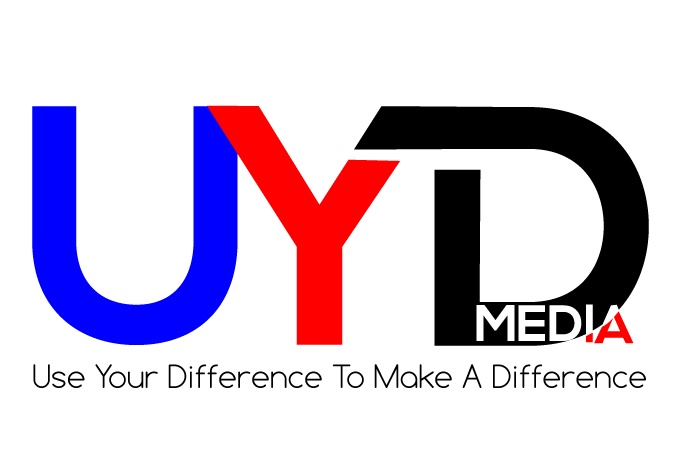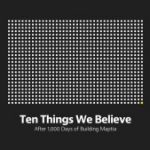Yesterday evening I had the opportunity to hear Amanda Lindhout speak for the second time in a matter of months. Amanda is the author of A House in the Sky, a memoir of her life and the 460 days she was held as a hostage in Somalia. I was profoundly moved by her book, the rawness of it, and the incredible message of resilience found within its pages.
The topic of Amanda’s talk last night was forgiveness. Today, her story is not only one of survival, but also one of compassion, forgiveness and healing through the releasing of anger and hate. Something Amanda said last night has stuck with me: that anger is the biggest threat or problem facing humanity today. Now there’s a powerful thought.
How much of the armed conflicts today are driven by anger? The fractioned and hostile political parties? Broken homes? Animal abuse? Eating disorders? Homicide?
Anger is a toxin when left untreated. Death by anger is a slow and painful end, one that often involves some form of addiction or self-destruction, unsustainable and bitter relationships, isolation, loneliness, and hardened resentment. Rigidity and anger are a dangerous twosome. The more rigidly one is locked in to their own anger, the more the anger takes hold and multiplies.
Amanda spoke of the times she fell into this anger, rage, hatred and self-pity. How could she not when she was being abused over and over again, powerless over her situation? Her answer was this: what kept her from losing herself to the insanity of bitter hatred and anger was by developing a practice of compassion, forgiveness and gratitude. Compassion, forgiveness and gratitude take work. They take active participation. They take a serious and sustained effort of surrender, acceptance, humility, and letting go. Anger is much easier to hold on to. The catch is that anger works as a poison that degenerates quality of life. Festering anger literally makes people sick. It destroys relationships. It starts wars.
The Merriam-Webster dictionary defines forgiveness as the act of ceasing to feel anger toward (someone who has done something wrong): to stop blaming (someone); to stop feeling anger about (something): to forgive someone for (something wrong).
We are the only ones with the power to stop feeling angry, to stop blaming someone or something, and ultimately to forgive, to let go of the consuming fixation and resentment we feel towards a person, place or thing. We own that power.
We are also the only people who must live with our suffocating anger. Of course, we may project this anger on to other people – our spouses, friends, colleagues, children, parents, shop assistants. We may be living in denial, believing that we are not the problem, but that the people and the world around us are the problem because they are not exactly as we wish them to be. But at the end of the day, our bitterness kills us. It kills our spirit. It kills our human decency. It kills the noble human attitudes of compassion and gratitude.
Amanda chooses forgiveness because she allowed herself to see into the pain of a person causing pain to herself and others. She broke through her wall of hatred and anger by realizing that hurt people hurt people. What a different world it might be if we ceased looking for excuses to be angry and turned our attention towards healing hurt instead. If we all did our part to really address all the hurt in the world, to put our heads together to work towards easing this hurt, how much conflict could we eliminate? Terrorism, for example, often stems from an angry hurt, hurt at not being heard, not being acknowledged, not having needs met or feeling represented, living without a voice. Working on ways to address the underlying hurt behind the motives for violent acts, rather than taking a defensive, polarizing and equally angry stance towards such acts, could find us closer to mending the source of the issue.
Where are you holding on to anger, resentment or hatred today? What is the underlying hurt for you? What steps or measures could you take to release the bitterness, to decide to let go of the toxicity of these poisonous emotions? How can you release the anger and pain in a healthy and productive way that does not injure or harm others? We all experience anger. I am not saying that anger is bad or that it is a wrong emotion. It teaches us something. It lets us know when we are hurt. It helps us fight against injustice. It helps us to stand up for what we believe in. It sparks the passion necessary to fight for just causes. But unchecked anger, anger that is left to fester and stew and that is projected on to others and onto the planet, has the ability to drag human beings away from decency, integrity, respect and the promise of a healthy, happy, productive life.
Where have you let anger get out of balance in your life? Are you choosing pain or are you choosing peace? I set this challenge for myself and for you: look inside your anger. Look at where it has gotten the better of you. Then look at where you are courageous enough to let it go and to forgive.
And if you need some help getting started, I recommend reading about Amanda’s journey in her memoir A House in the Sky.




